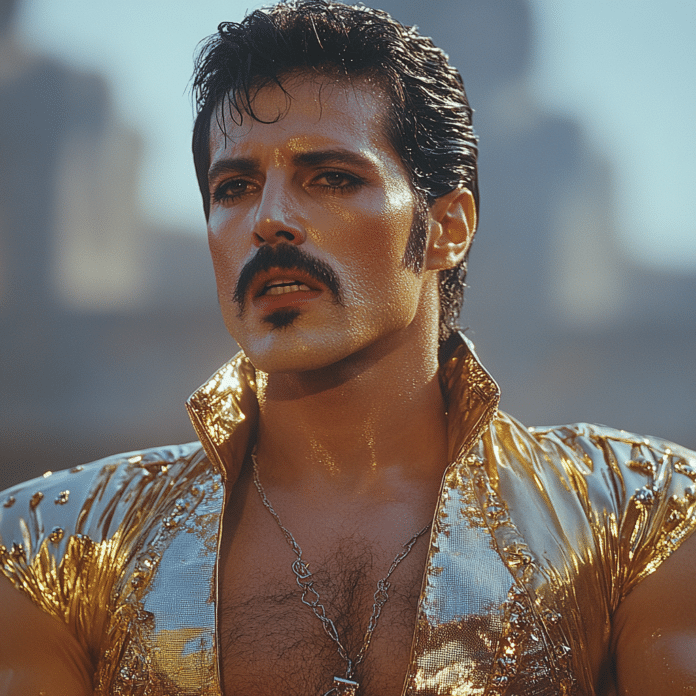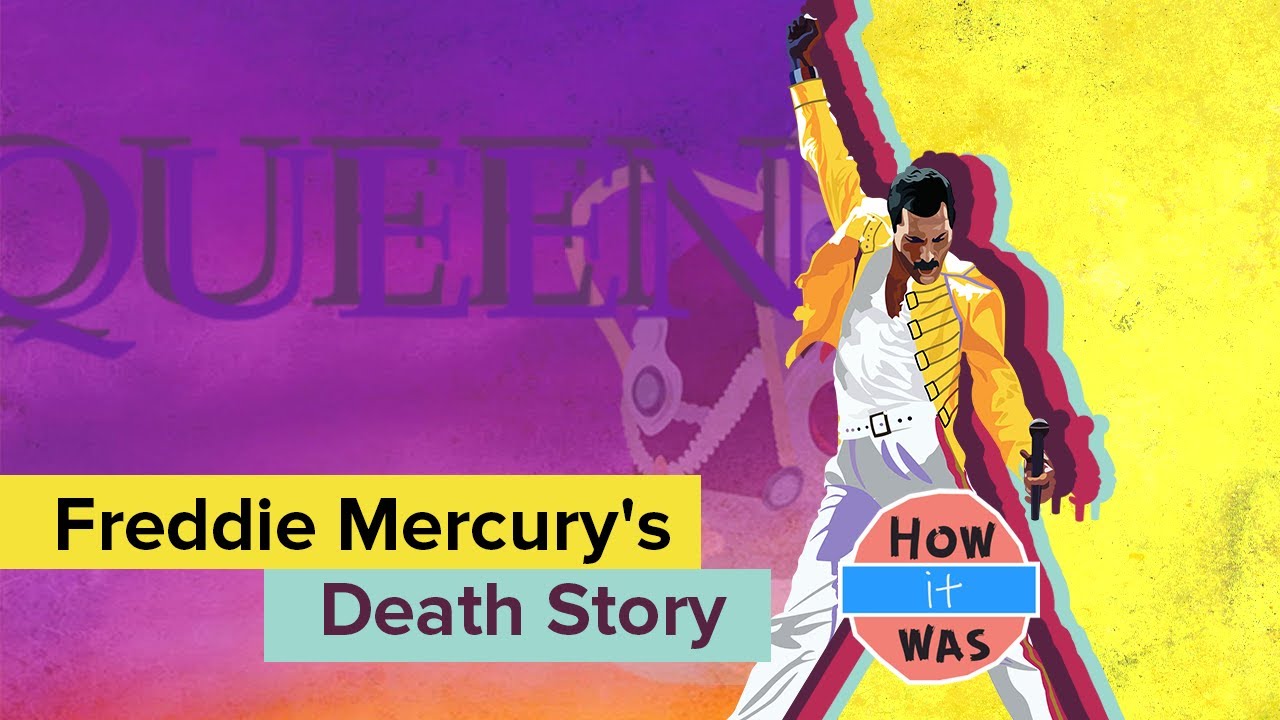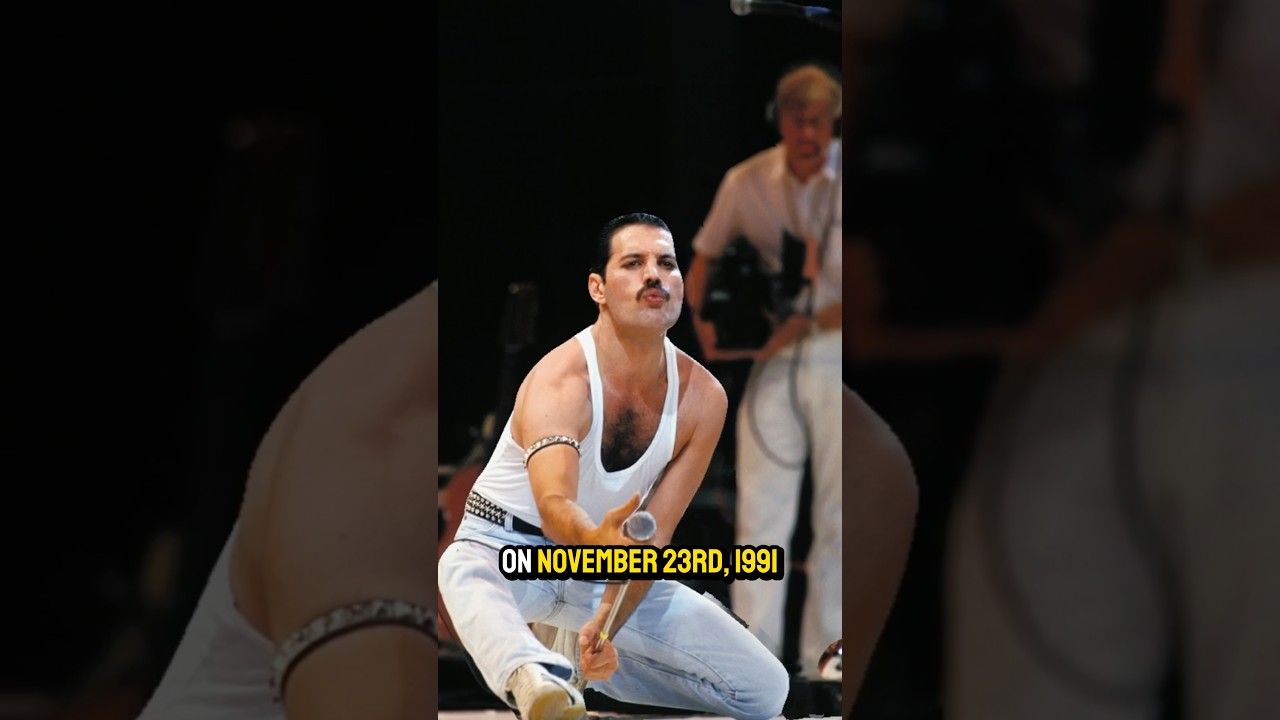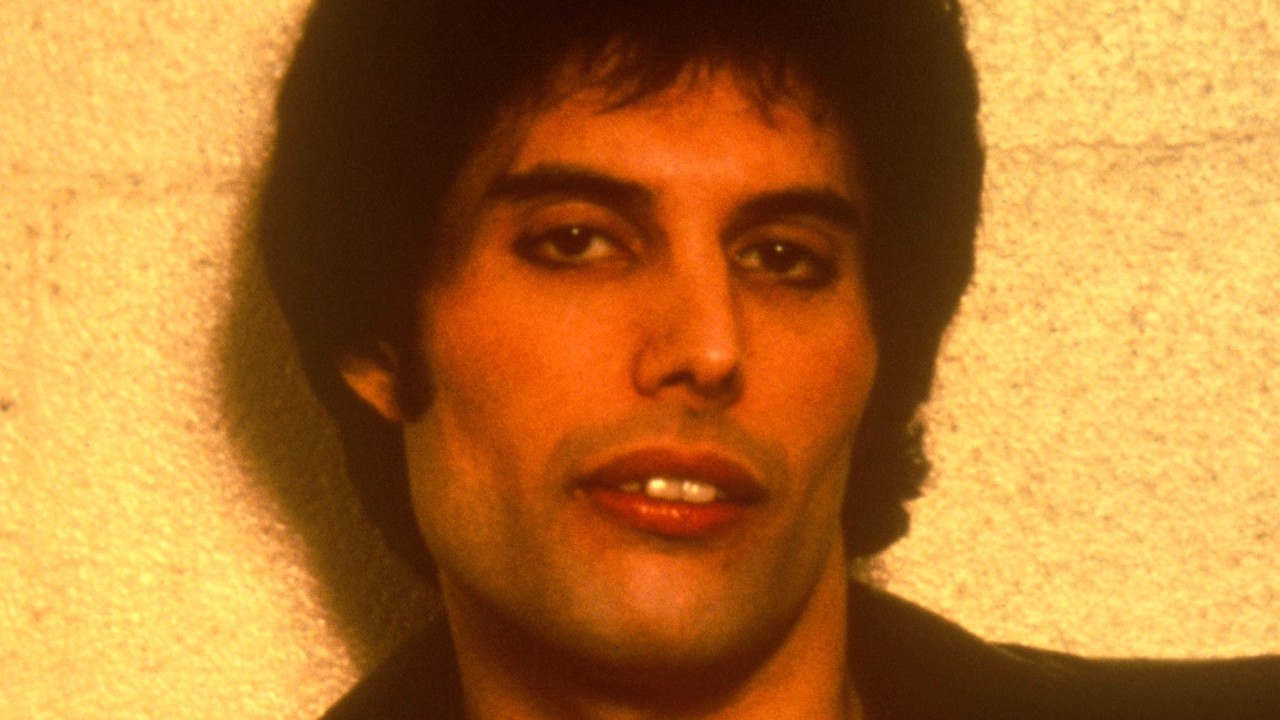Freddie Mercury Death: A Legendary Lifes Tragic End
Freddie Mercury’s death on November 24, 1991, was not just the loss of an extraordinary talent, but it also marked a significant turning point in the conversation around HIV/AIDS awareness. His passing became a pivotal moment in music history, shaping cultural perceptions of the LGBTQ+ community and influencing the ongoing fight against a disease that claimed so many lives, including his own. With this article, we’ll dive deep into how Freddie Mercury’s death echoes across generations, the crucial movements activated by his legacy, and the lasting impact on society.
7 Key Moments Following Freddie Mercury’s Death
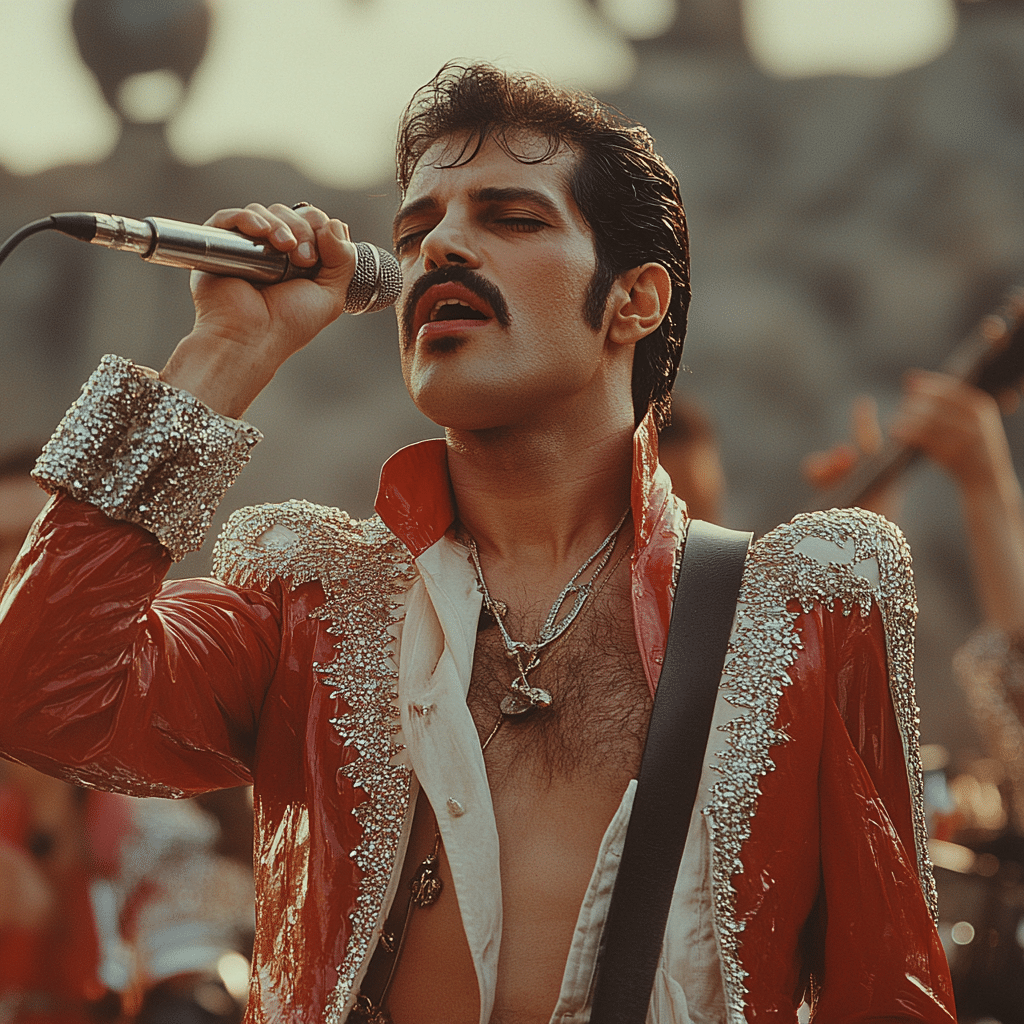
1. The Heartfelt Tribute Concert (1992)
Just a few months after Mercury’s death, the Freddie Mercury Tribute Concert for AIDS Awareness took place at Wembley Stadium, captivating fans worldwide. This monumental event saw Queen’s surviving members teaming up with stars like Elton John, David Bowie, and George Michael. They raised over £20 million for AIDS research, turning grief into activism and showcasing not just Mercury’s colossal talent but also the urgent need for AIDS awareness.
The concert united fans and celebrities alike in solidarity. With performances of classics like “Bohemian Rhapsody” and “Somebody to Love,” the event was a heartfelt celebration of his life. It marked a moment when everyone realized that music could indeed transcend boundaries while addressing pressing societal issues.
2. Increased Public Engagement with HIV/AIDS
After Freddie Mercury’s death, the public’s interest in HIV/AIDS skyrocketed. It was as if the lid blew off the conversation, and many artists who attended that tribute concert became vocal advocates. Celebrities started using their platforms to educate the masses about the disease, its prevention, and the need for compassion for those affected.
Mercury’s legacy catalyzed discussions that made it unmistakably clear: this was about real people with real lives. People no longer viewed HIV/AIDS as an isolated issue—now, it was a human experience that demanded attention, empathy, and action.
3. Film and Documentary Reexaminations
Mercury’s life, full of triumphs and trials, has inspired a plethora of films and documentaries. Bohemian Rhapsody (2018), which won multiple Oscars, reignited interest in his story. As audiences flocked to theaters, it was clear that Mercury’s influence was still strong.
The film shone a light not just on his musical genius but also on the struggles surrounding his healthcare. It bridged a gap for younger generations to appreciate not only the artistry of a rock legend but also the fight against a stigmatized disease, making the narrative truly relatable and poignant.
4. The Rise of Queer Representation in Media
Following Mercury’s premature passing, representations of LGBTQ+ individuals in media began to flourish. Suddenly, the world was taking notice, and there was growing acceptance—thanks in part to figures like Mercury leading the charge. This acceptance opened doors for a wider variety of artists to share their authentic selves.
From television to music, the visibility of queer identities blossomed, giving the community a voice and celebratory space. Mercury’s fearless persona showed that being true to oneself was not just a personal victory, but also a cultural one, breaking constraints imposed by a more conservative society.
5. Queen’s Continued Success and Philanthropy
Though Mercury left us far too soon, the surviving members of Queen have kept his spirit alive through ongoing performances and collaborations. Brian May and Roger Taylor embraced the future by touring as Queen + Adam Lambert, taking the classic hits to new heights while honoring Mercury’s memory.
Moreover, in the spirit of philanthropy, they founded the Mercury Phoenix Trust, raising significant funds for HIV/AIDS organizations worldwide. This shows a commitment that goes beyond music, positively impacting lives while ensuring that Freddie’s legacy is not just remembered, but actively celebrated through action.
6. The Ongoing Fight Against Stigmatization
Mercury’s battle with HIV/AIDS considerably shifted the narratives around this disease. Posthumously, he remains an emblematic figure for awareness campaigns, effectively reducing stigma over time. Discussions about HIV prevention and treatment are now more open, thanks to the conversations that emerged after his death.
As a result, many people began to view HIV/AIDS through a lens of compassion rather than fear. The dialogues fostered by Mercury’s legacy have encouraged countless individuals to seek help and learn about the realities of living with the virus.
7. Educational Programs and Policy Changes
The heightened awareness following Mercury’s death has paved the way for significant educational initiatives around HIV/AIDS. Many schools and organizations have developed programs that address prevention and treatment, emphasizing the importance of understanding and compassion when dealing with this issue.
Moreover, policymakers have sensed the urgency in addressing the rights of those affected by HIV/AIDS. Legislative changes have emerged, enhancing healthcare access and support for affected individuals. It’s inspiring to see how one person’s story can spur a movement, laying the groundwork for more inclusive policies.
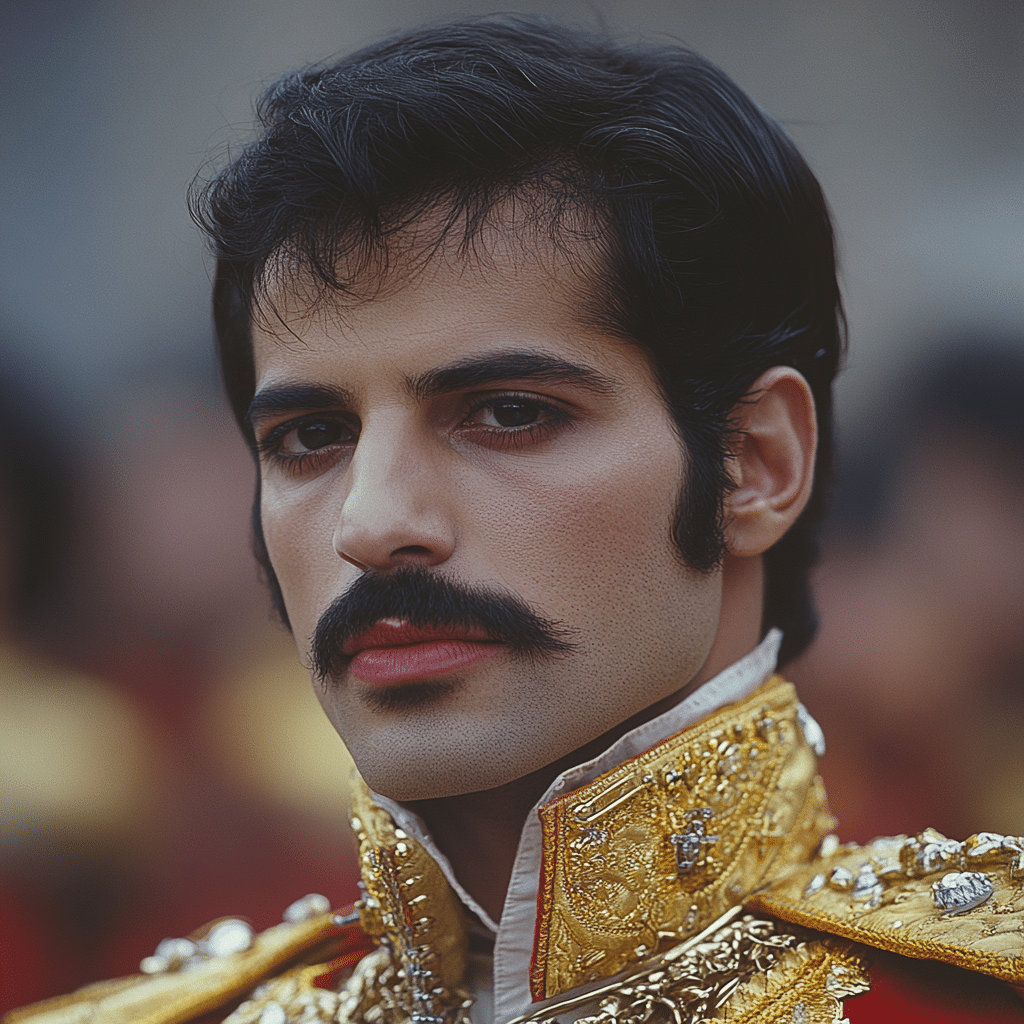
The Long-Lasting Legacy of Freddie Mercury
Freddie Mercury’s legacy is not just about his remarkable musical accomplishments; it’s about the profound changes he sparked across various fronts. His death underscored the urgent health crisis surrounding HIV/AIDS while influencing societal attitudes toward the LGBTQ+ community. The emotions circling his passing highlight how one artist can create ripples of change that extend far beyond the stage.
Mercury’s life reminds us to prioritize compassion, understanding, and community, especially in adversity. By cherishing his memory through music and activism, he’s not just a figure of the past but a beacon of hope in the ongoing fight against stigmatization. His journey of relentless passion and advocacy compels us to push further for awareness and equality.
As we remember Freddie Mercury today, let’s focus on both the music that made him a legend and the legacy of awareness that emerged from his life and untimely death. He’s a poignant reminder that art, life, and activism intertwine, leaving a rich tapestry of influence for generations to come.
Now, while you’re here reminiscing about Freddie, why not check out the latest on Jalen Hurts wife or dive into the wild adventures of the Devil ‘s Bathtub? And if you’re in the mood for some enthralling stories, Paper Planes have some exciting releases coming your way!
Freddie Mercury Death: A Tragic End to a Legendary Life
A Star’s Final Act
Freddie Mercury, the iconic frontman of Queen, left behind a legacy that’s as impressive as it is bittersweet. His sudden passing on November 24, 1991, due to complications from AIDS, shocked the world. Many fans remember his vibrant stage presence and unmatched vocal talent, but few know about the unique lifestyle he led. Mercury was known for his adventurous spirit, often indulging in life’s pleasures. Interestingly, in his final days, he was rumored to have embraced a somewhat relaxed vibe, reminiscent of those associated with the song mellow yellow. This lighthearted attitude stood in stark contrast to the struggle he endured against a serious illness.
Behind the Curtain
The tragedy of Freddie Mercury’s death not only highlights a profound loss for music lovers but also draws attention to significant societal issues. At a time when AIDS was stigmatized, Mercury used his celebrity status to raise awareness. His openness about his illness encouraged many to confront their fears and educate themselves. Fans often came together to commemorate his life and contributions with various events, including support for HIV/AIDS research. Speaking of unique styles, Mercury had an eye for fashion, even collaborating with brands like Versace on pieces that became legendary, which harkens back to the essence of versace The dreamer.
The Legacy Lives On
Interestingly, Freddie Mercury’s impact didn’t stop with his passing. Today, his music continues to inspire new generations. Perhaps one of the most fascinating elements to emerge after his death is the way fans engage with his art, transforming grief into celebration. Even now, the tributes and discussions surrounding his life resonate widely, as fans everywhere ask “what’s open today” for events celebrating his legacy or find activities that hold a connection to him. The growth of awareness around LGBTQ+ rights posthumously echoes his own struggles and triumphs.
So, while Freddie Mercury’s story has its tragic chapter with his death, the tales of love, acceptance, and the embrace of one’s true self live on, painting a richer picture of the man behind the legend. It’s truly captivating to see how stories intertwine across different eras, much like the ever-exciting cyberpunk update for different narratives in the media today. As we reflect on his life, it’s clear that Mercury achieved more than fame; he captured hearts and continues to inspire creativity in various forms, just like the excitement surrounding the Wednesday season 2 release date.
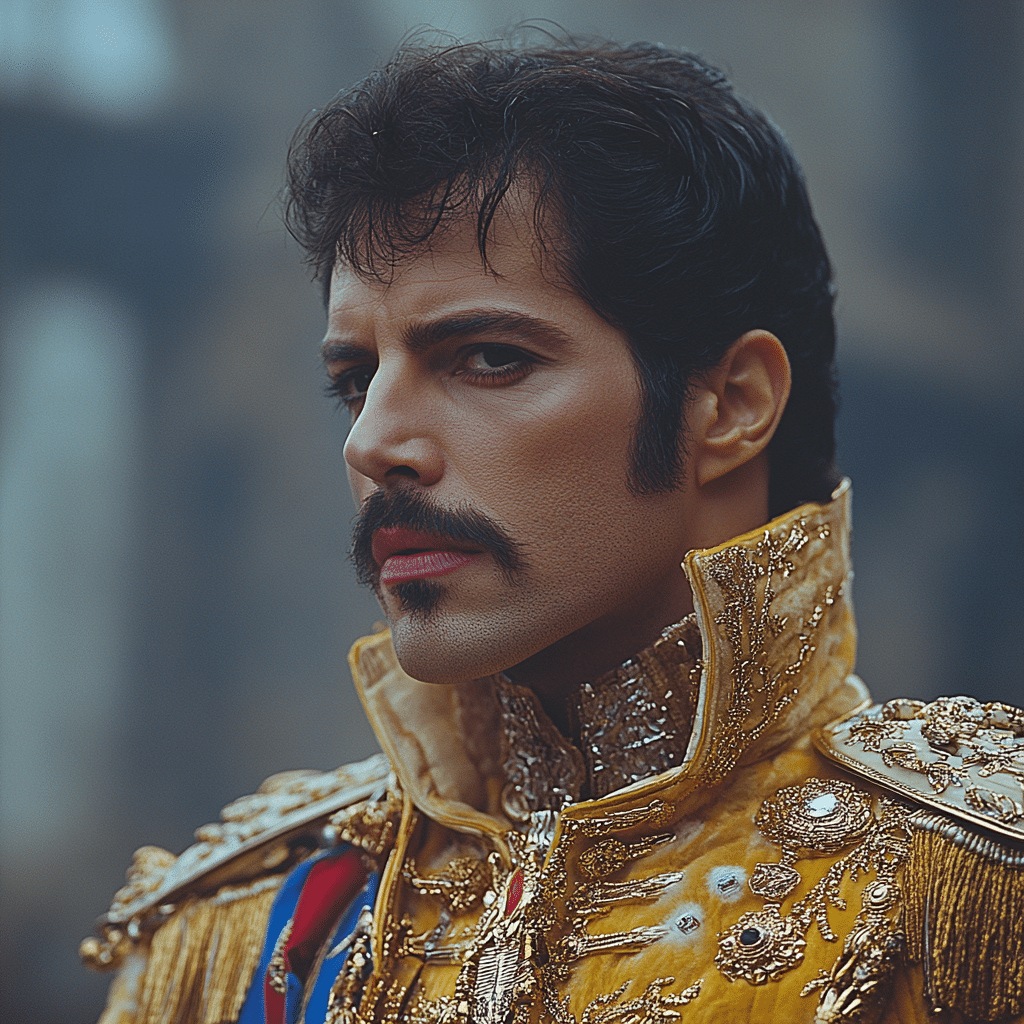
What does Freddie Mercury cause of death?
Freddie Mercury died from AIDS-related complications on November 24, 1991.
What did Freddie say before he died?
Before he passed away, Freddie whispered “I still love you” to his fans, which were his last words on camera.
What happened to Freddie Mercury’s wife?
After Freddie’s death, Mary Austin continued living in their Kensington mansion, filled with memories of him, and put the property up for sale in February 2024, asking for over 30 million pounds.
What did Queen do after Freddie Mercury died?
Since Freddie’s passing, Queen’s surviving members have kept performing, with Brian May and Roger Taylor touring as Queen + Adam Lambert, though there’s been limited new recorded music from them since 1991.
Did Freddie Mercury have a child?
Freddie Mercury did not have any children.
Who did Freddie Mercury leave his money to?
He left the bulk of his fortune to Mary Austin, who was a close friend and partner throughout his life.
Who betrayed Freddie?
Freddie was reportedly betrayed by some of his friends, but the details surrounding this are often vague and speculative.
Why did Freddie Mercury call himself Freddie?
Freddie Mercury adopted his stage name to emphasize his persona as an entertainer and to create a distinctive identity separate from his birth name.
What was Freddie Mercury’s famous quote?
One of his famous quotes is, “I won’t be a rock star. I will be a legend.”
How much did Mary Austin get when Freddie Mercury died?
Mary Austin inherited about 50% of Freddie’s estate when he died, which included his wealth and property.
What ethnicity was Freddie Mercury?
Freddie Mercury was of Parsi descent, born in Zanzibar to Indian parents.
What did Freddie Mercury’s sister do?
Freddie’s sister, Kashmira Bulsara, has spoken publicly about his life and legacy, maintaining his memory.
Did Queen attend Freddie Mercury funeral?
Yes, members of Queen attended Freddie Mercury’s funeral, held in a private ceremony.
How old would Freddie Mercury be today if he was still alive?
If he were still alive today, Freddie Mercury would be 77 years old.
Who is the lead singer of Queen now?
The current lead singer of Queen is Adam Lambert, who performs with the surviving band members.
What happened to Jim Hutton after Freddie died?
After Freddie’s death, Jim Hutton, who was Mercury’s partner during the last years of his life, largely kept a low profile and passed away in 2010.
Did Freddie Mercury’s parents go to his funeral?
Freddie’s parents did attend his funeral, honoring their son’s memory despite the personal loss.
How long did Freddie Mercury live in Montreux?
Freddie Mercury lived in Montreux, Switzerland for several years, particularly during the last decade of his life.
What ethnicity was Freddie Mercury?
Freddie Mercury was of Parsi ethnicity, which is a Zoroastrian community from India.

